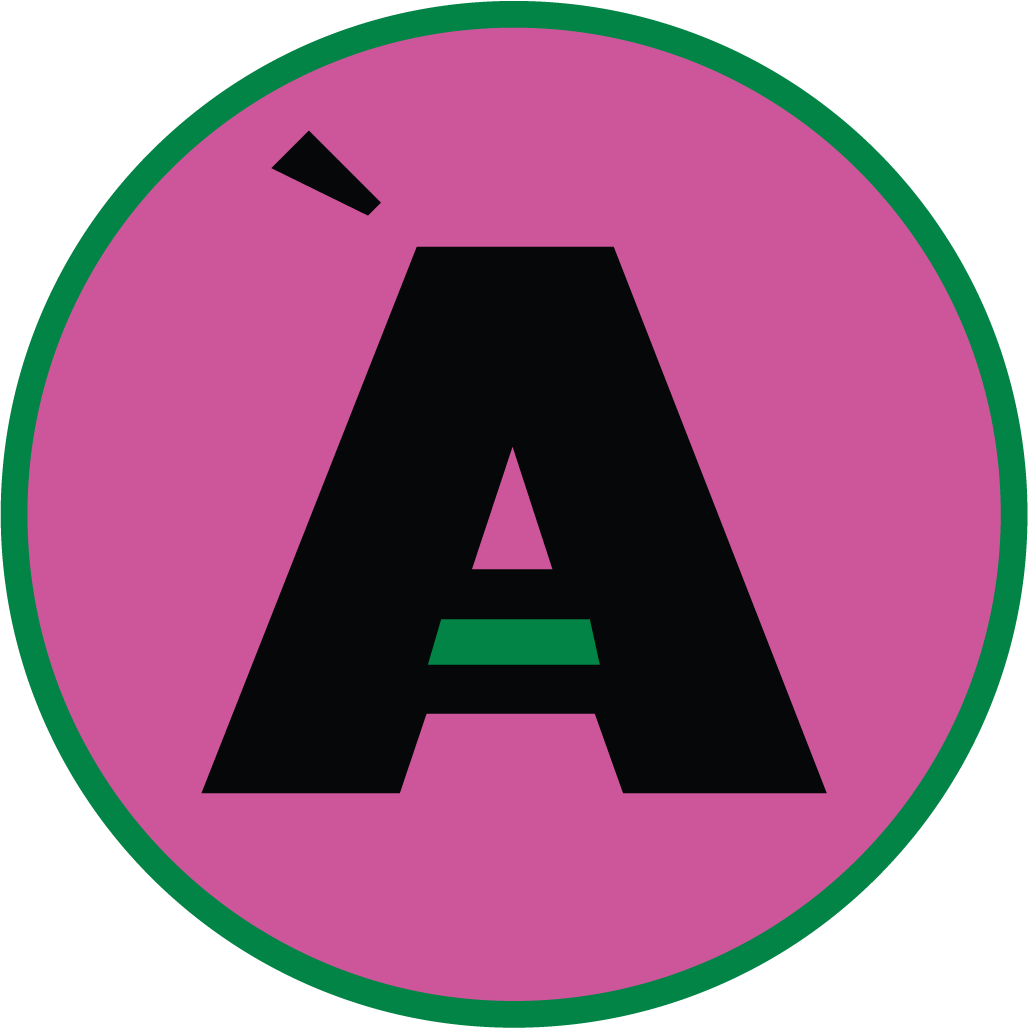493 reads
Recycling Spoiled Milk to Make Fashionable T-Shirts
by
June 14th, 2021

World's 1st Sustainable AI P2P Multifunctional Fashion Ecosystem, for Me and You. www.alahausse.ca/ [email protected]
About Author
World's 1st Sustainable AI P2P Multifunctional Fashion Ecosystem, for Me and You. www.alahausse.ca/ [email protected]
